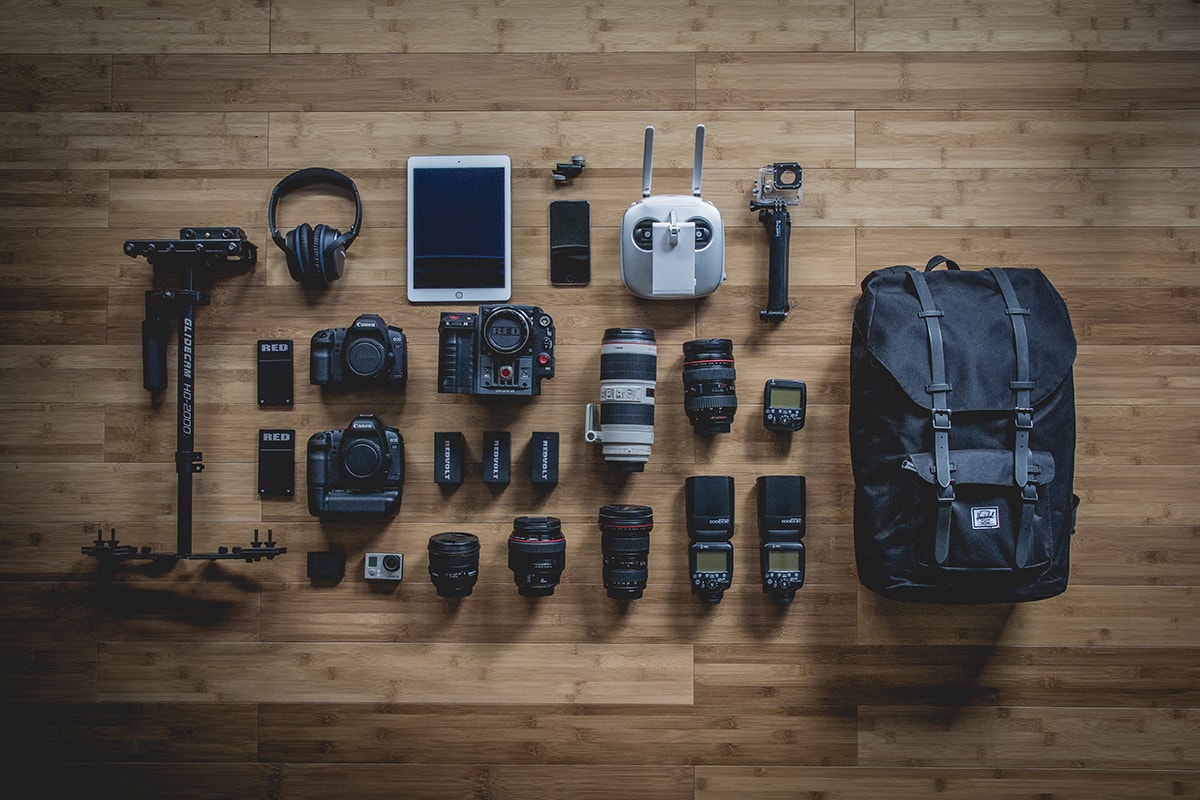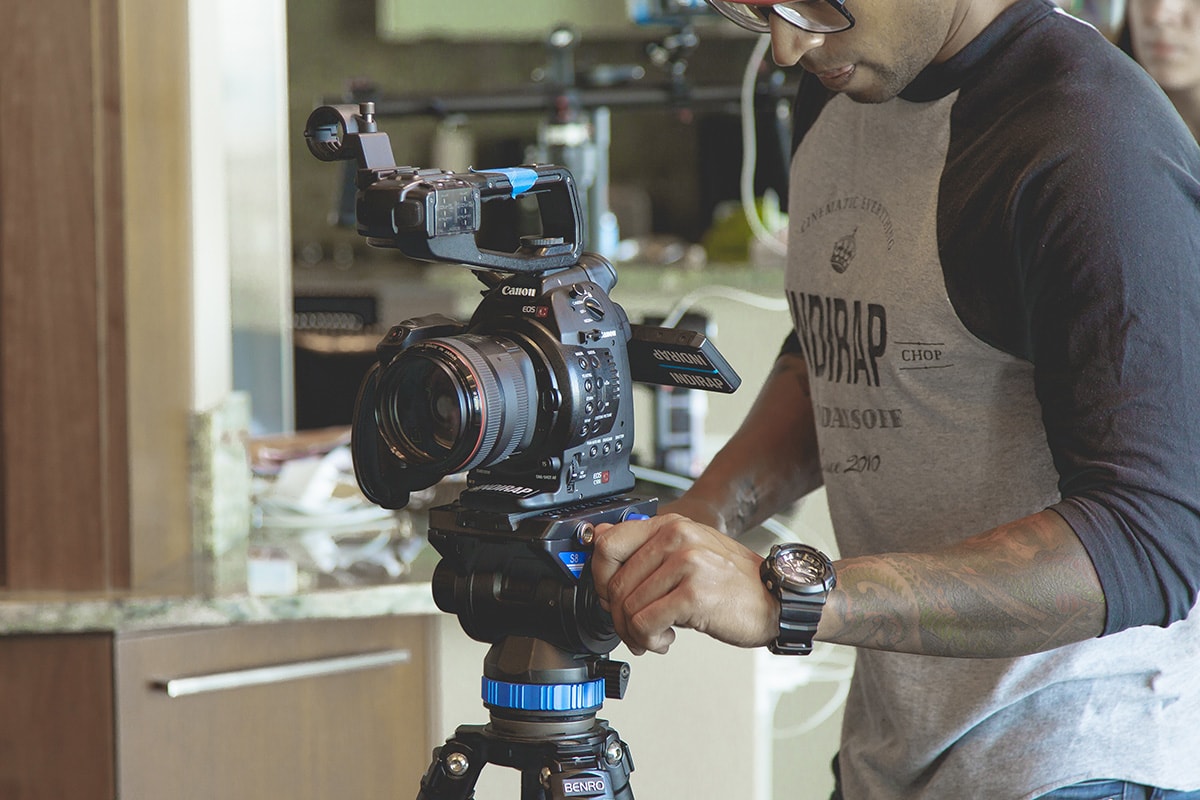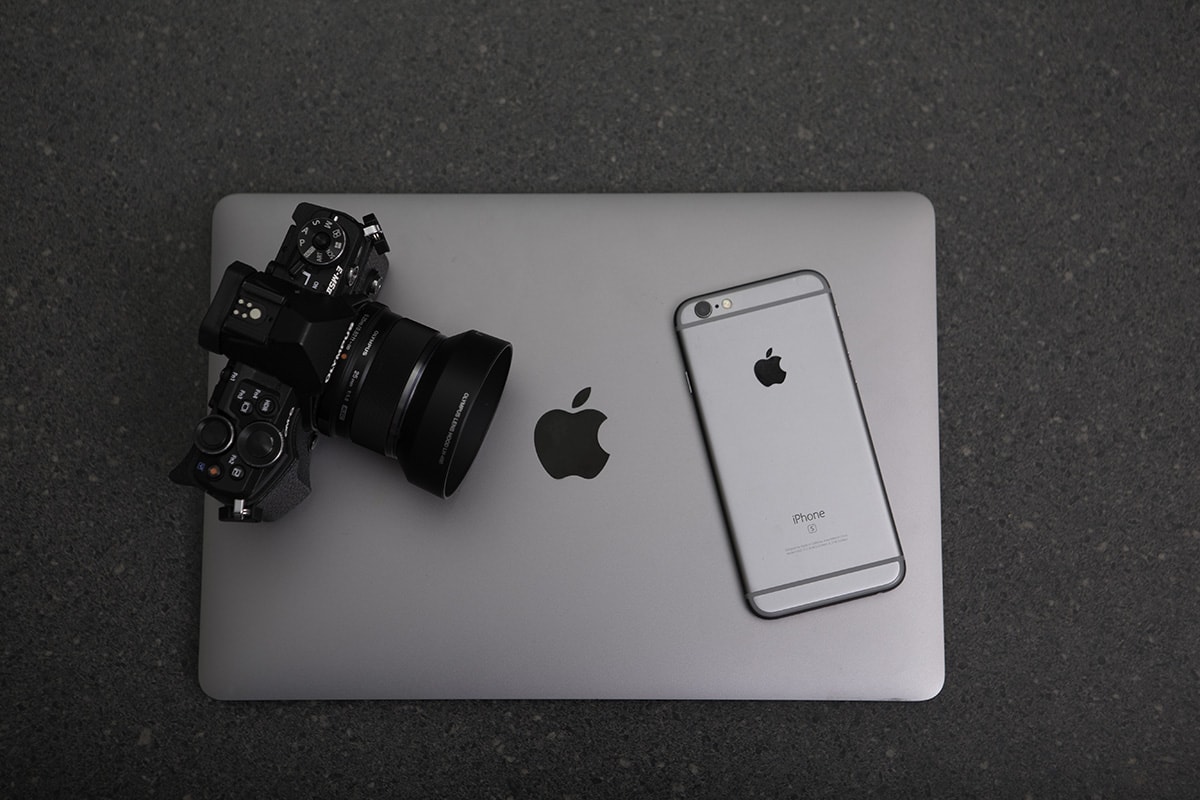Insurance for Photographers: What You Need To Know
Bottom line: You need insurance as a photographer. Though it may seem like you don’t because you may think nothing can go wrong, you actually do. When it comes to photography, it’s always best to err on the side of caution and think that Murphy’s Law applies at all times.
Think of it like this: Your camera and all your photographic equipment are costly. They’re valuable, and, if you’re a professional photographer, they’re your livelihood. Even if you’re an amateur or a hobbyist, it’s very prudent to get insurance.
What happens if something goes wrong (it can)? What about theft or losing your camera and equipment in an unexpected catastrophe or accident? Here’s what you need to know about making the right insurance buying decisions.

Determine the Kind of Coverage You Require
The kind of coverage you require is based on your needs and what you’re specifically doing. For example, when you open a studio or rent office space for your photography business or agency, you’ll need to purchase insurance to cover any possible fires, floods, and other disasters before you’ll be allowed to move in.
Even if you’re working or being a hobbyist from your own home, you’ll typically still require insurance for your client’s belongings and property (home insurance only applies to… your own home). Any insurance policy worth its salt and your money is one that will insure you for damages and also provide legal consultation.
If you’re going to be traveling across state lines or even internationally for shoots, providers usually have international coverage for extra fees, so be sure to ask your provider about this option.
How Much Do You Want to Spend?
It all comes down to budgeting. If all you can afford is one, basic plan, that’s definitely better than nothing, yet if you have a bit of flexibility with your budget, it’s highly advisable to consider various plans to get the best bang for your insurance buck.
While having too much coverage isn’t ever really a bad thing, higher level options do come with costlier deductibles, so you have to be certain that you’ll be able to replace the equipment that’s valued below that deductible.
Understanding What You Need to Make a Claim
Before you ever get to the point of having to make a claim, you should be well prepared to make one. Do this by compiling a list of all of your pieces of equipment, which would include how much you paid, when you bought them, and serial numbers. Such a list is great to have around if your claim is ever questioned or if you’re claiming for a theft.
Treat this list as super-important. It’s recommended that you back up such a list just as you would a client’s files. Make sure your insurance agent gets a copy of this list, too.

The Types of Insurance
There are many choices out there for photographers of both professional and amateur persuasion.
-
Professional Liability Insurance
If you’re a pro, you need this coverage option. It’s ideal if you have a photography business that offers a professional photography service or consultation for clients. Part and parcel of this type of insurance is a clause to protect you against dissatisfied clients. For example, if you failed to provide a required number of shots or specific poses for each sequence, your client may blame you for negligence, but an errors and omissions clause holds you not liable.
-
General Liability Insurance
This broad form of protection applies to things like property damage and bodily injury. This covers anything from someone getting hurt while you’re photographing on the job (say, if they trip over your equipment and hurt themselves), as well as protects you if you accidentally damage your client’s equipment (say, you knock a heavy object over, which causes damage to your client’s computer).
-
Homeowner’s or Renter’s Insurance
This is probably a better selection if you’re more or a hobbyist photographer who doesn’t rely on taking shots as a main line of income. Still, you need insurance, just to be on the safe side. This helps to protect your camera and equipment against any theft or property damage. Simply list all of your camera gear under the homeowner’s insurance policy or, if you’re renting, in the renter’s policy.

Where to Buy Your Photographer’s Insurance
Knowing just where to find photographer’s insurance sometimes isn’t the easiest thing in the world, so we’ve listed a few options here for you to consider. Of course the options available to you will depends on where in the world you are located.
- Insureon: Billed as the photography insurance leader, Insureon offers a slew of policy options for photographers, including general liability, professional liability, business ownership, umbrella insurance, and inland marine insurance, just to name a few. To get an exact price, you’ll have to obtain a custom quote.
- TCP: TCP offers a policy that starts at $500 per year: It’s General Liability and Camera Equipment Insurance for your Photography Business. Photographers can go on a quarterly-installment plan for an easier go. Coverage is fast with same day coverage.
- Professional Photographers of America (PPA): This non-profit organization also provides insurance to photographers. It’s possible to obtain as much as $15,000 worth of coverage, but you have to be a member, first. There are two coverage tiers: PhotoCare Plus, which protects your gear for $175 annually and PPA General Liability that protects your entire business for $227.25 per year.
A Part of Being a Photographer
Photography is such an artsy career and pastime that it’s tempting to forget that you need to treat it like a business and buy insurance products to protect your investment in all your costly camera and gear. Whether you’re a pro or an amateur who just enjoys going out with your camera on the weekends, photography insurance is a smart idea for anyone pressing the shutter button.
While photography insurance can get pricey, there are different providers who offer different types of coverage. Be sure to carefully look through each policy to make sure that you’re getting the plan that’s the most sensible for your situation.
